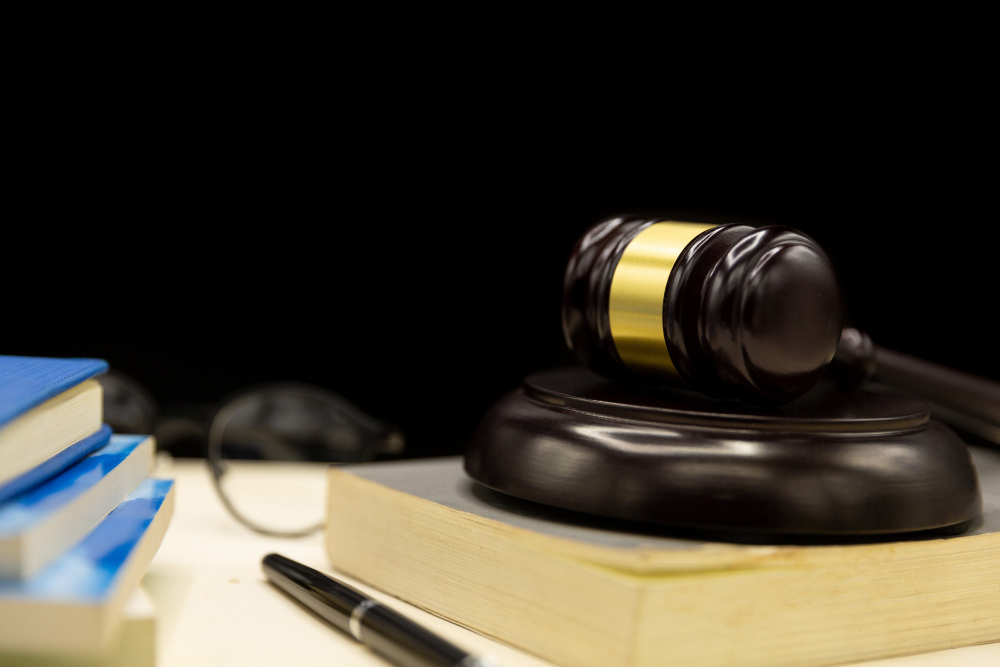If you find yourself accused of abuse, the most important thing to remember is that it’s essential to stay calm and defend your innocence respectfully. Speak to the accuser and explain what happened, but remain respectful. If someone threatens or intimidates you, remember to practice self-care and seek help if needed. Abuse accusations take a toll on mental health, so check in with yourself and be mindful of any feelings connected with the allegation until the situation has been resolved. Be honest with those involved, being completely truthful with your account of events, and if the position requires it, reach out to an attorney or therapist for advice and guidance on how to proceed. In this blog post will discuss how to respond if you’re accused of abuse.
Strategies for Responding to Allegations in a Respectful Manner
When faced with allegations, knowing how to respond can be overwhelming and demanding. The best challenge is to remain respectful and to understand at all times. Speak calmly, try to stay aware of your body language, and work on demonstrating that you are listening by using positive acknowledgment signals. Ask the other person for clarification on a point or further detail, but do not interrupt them when speaking. Similarly, take time to consider any response before saying anything. Ensuring safeguards in healthcare will help ensure the conversation stays respectful and productive rather than getting heated or unproductive as emotions take over. Remember that being kind is essential to reach a satisfactory conclusion for both parties.

Tips for Communicating Respectfully with Those Making the Allegations
Respectful communication is essential to resolving disputes in a civilized manner. To ensure that both parties are treated fairly, it is necessary to think before you speak when discussing allegations with the accuser. Show empathy and understanding towards their situation and remain open-minded by avoiding snap judgments or accusations of lying. Remain professional by keeping the dialog on-topic and refraining from any personal remarks. It is also essential to be clear about expectations and allow ample time for the other person’s views to be aired. The more you can do to make all involved feel heard, understood, and respected, the easier it will be for everyone to agree.
Strategies for Defending Yourself Against False Accusations
False accusations can be devastating to anyone’s reputation and livelihood. The best strategies to defend yourself against false accusations are to document positive interactions and reactions, remain calm and objective when communicating your side of the story, get informed on any legal steps you may need to take in case of legal action, dismiss character attacks, keep reiterating that the accusations are false and building a well-argued defense.
In addition, always remember that it is essential to take appropriate emotional support for dealing with the situation because a false accusation can take away someone’s dignity and trust that has been earned over the years. Of course, a counselor’s help can also significantly help restore a sense of self-worth in this discouraging scenario.
Understanding the Legal Process of Responding to Allegations of Abuse
Understanding the legal process of responding to allegations of abuse can be complex and confusing. However, abuse victims must understand their rights and their options. Multiple steps can be taken in responding to the accusations, such as filing an official police report or seeking legal representation. Moreover, it is critical for those going through this process to learn about personal safety and the local laws and procedures relating to such cases. With proper understanding and preparation, abuse victims can ensure they receive the help and protection they rightfully deserve.
Conclusion
Taking allegations of abuse seriously is paramount, and respecting the person making the accusations can go a long way. Recognizing that false allegations also exist and must be defended against is crucial. Being mindful of how one responds to claims and who to talk to ensure fairness prevails is key. Understanding the legal process should not be compromised when responding to an allegation, as it can guide victims of false claims, empower them, and help them take action if needed. Responding to such situations isn’t easy, but if done respectfully and with an open mind, it could mean the difference between justice prevailing or an unfounded accusation having a lasting impact on a person’s reputation.

